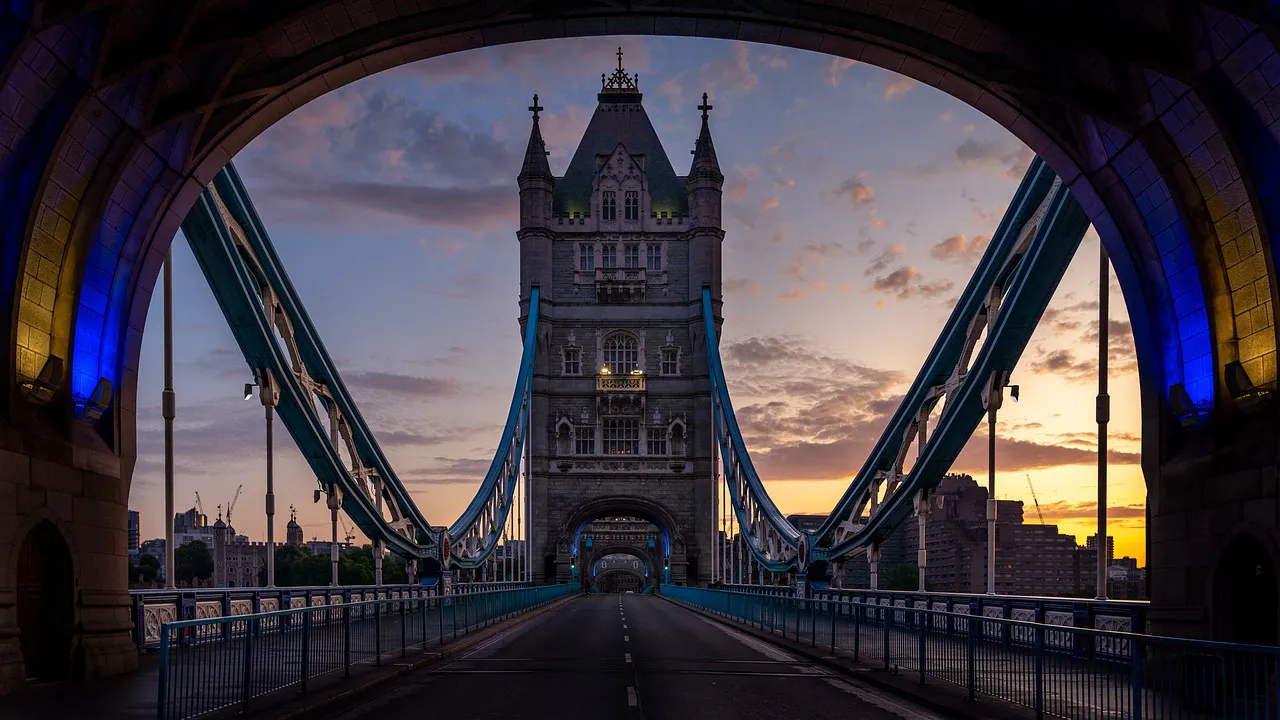
A digest of this week's Spanish financial, political and social news aimed primarily at Foreign Property Owners: Prepared by Lenox Napier. Consultant: José Antonio Sierra
A digest of this week's Spanish financial, political and social news aimed primarily at Foreign Property Owners: Prepared by Lenox Napier. Consultant: José Antonio Sierra
News in English21/08/2024 Redacción
Redacción
A digest of this week's Spanish financial, political and social news aimed primarily at Foreign Property Owners:
Prepared by Lenox Napier. Consultant: José Antonio Sierra
For subscriptions and other information about this site, go to businessovertapas.com
email: [email protected]
***Now with Facebook Page (Like!)***
Note: Underlined words or phrases are links to the Internet. Right click and press 'Control' on your keyboard to access.
Business over Tapas and its writers are not responsible for unauthorised copying or other improper use of this material.
Subscription and e-mail information in our archives is never released to third parties.
Editorial:
Churning through the media articles every day to find material for my weekly bulletin about Spain, I often find pieces which are designed to make the reader go past the title and into the text – surrounded as it is with advertisements, pop-ups and, of course, the EU’s insistence on asking us if it’s OK to place cookies on our phone or computer every bloody time.
Then along comes the text that says: ‘We notice you’re using an ad-blocker…’
Damn right I am.
But despite all this, yes, I have decided that I want to read about ‘We’ve Found the Best Village in Spain’. So, open the stupid link, already!
This is called click-bait, when they don’t tell you the very vital thing you wanted to see in the headline, which is why you have to click into the story. Usually, they’ll get around to the subject in hand in the third or fourth paragraph, after you have hurdled a long diatribe about Spain’s wonderful unknown and unspoiled pueblos, a couple of adverts for shoes, shirts, or a merry cruise to Norway and an insistent request to subscribe.
The problem often being that – I guess if enough people read the article – which may have started out life somewhere else (Google has an uncanny trait of rumbling unoriginal material) then when you take the plunge and finally arrive at the destination itself, at least for lunch and a look-see, it’s going to be full of fellow-readers and, well, sorry to tell you, but – thanks to the recent media-exposure – I’m Afraid You May Need to Book!
Annoying for those who bought a place there some years previously, precisely because it was off the beaten track.
These ‘beautiful’ or ‘best kept secret’ articles are easy to write (thanks Wikipedia!) and they fill a space. How many times have you seen a picture of that street covered by a huge rock in Setenil de las Bodegas (Cádiz) or that embarrassing pueblo in Málaga they painted blue?
Right now, there are endless stories of ‘a pretty village in Spain where they want to ban tourists’. Above all apparently, the ones who take ‘selfies’, according to one gloomy home-owner. Often called ‘The little Mykonos’ (by absolutely nobody except copy-editors, I suspect), the village – Binibeca Vell – is in fact a 1972 urbanisation on the edge of San Luís in Menorca. And it’s probably not looking its best after those heavy rains last week.
See, it gets full of visitors, which is no doubt a treat for the local souvenir shop, but it is kind of a nuisance for everybody else.
There may be lots of money in tourism, but it doesn’t get spread around as fairly as it might.
The alternative is to tell the locals to stay inside so as not to inconvenience the cruise-ship trippers (as happened on the Greek island of Santorini the other day), or close the local bar (as reported in a pueblo in Galicia – ‘We don’t want any Madrid tourists here giving themselves airs’, explained the owner in garbled Galician). A fellow from Barcelona says that in his city, ‘We don’t walk in a straight line any more, we dodge’. Over in Santiago de Compostela, the locals complain about the pilgrims – ‘it’s like Easter every day of the year’.
How about Peñiscola, in Castellón? Eight thousand people live there, and there are 25 visitors for every resident. ‘Excuse me, coming through…’ (My own Mojácar is in sixth place according to the media report).
No doubt the city fathers would prefer wealthy tourists – the ones who spend and tip lavishly – while not so much the other kind, who drink a few beers and are sick in the fabled village gardens. Or, worse still, the ones who spray-paint an esteemed foreign resident’s eleven million dollar home. But, sad to say, you can’t really have the one kind of visitor without the other, unless there’s a fellow in a uniform at the gate. Also – wealthy people don’t necessarily behave themselves better.
Tourism is either packing as many sights into a short vacation as one can (‘If this is Tuesday, this must be Belgium’) or spending the holiday in one single place, usually to relax and get pissed. Both have their merits and – evidently – their issues.
But, don’t we have a right to two holidays away each year? (We can except us foreign residents in this instance, with a car-trip across Spain or a weekend in a Parador. For one thing, we don’t tend to travel in packs).
The point is this: would Spanish tourists suddenly come to your town in the UK or Germany and behave in the same way – and if they (by some miracle) they did – how would you feel? A thousand drunken Spaniards in Hatfield (dubbed as ‘The Most Boring Town in England’) wearing Gibraltar Español tee-shirts and singing loudly and tunelessly as Henry over at The Red Lion gleefully fills them up with more drinks.
So remember, as you scan the blogs and news-sites for fresh and interesting places to visit:
‘Your vacation spot is somebody else’s home’.
…...
Housing:
The INE (national statistics agency) calculates that Spain needs to build some three million homes in the next fifteen years to house the growing population. El Confidencial (paywall) has the story here.
‘Neither vulture funds, nor major landlords: 92% of the apartments for rent in Spain belong to ordinary owners. There are 3.6 million rental properties in our country for which their owners obtain an average return of 7.5% on their investment’. Item from Infobae here.
"If I can get 1,600 euros for a tourist rental and 800 euros for a normal one, I'm going to opt for the tourist". An economic journalist calls on "regulating" these apartments and to build more social housing. "There are 22 million people working and a good part of those people don't manage to make ends meet because they must spend too much on housing", he tells LaSexta (with video) here.
From El Mundo here: ‘The political blockade of the plan that limits tourist apartments in Seville means that there are three new holiday homes opening every day. So far, the municipal government of the PP and the opposition can only agree that the delay in the adoption of measures is causing "a ripple effect"’. In some areas of the city, el Centro Histórico and Triana for example, ‘the tourists have completely seen off the residents’.
Why live in a home when you can live in a branded residence? Google describes this as ‘In the context of real estate, the term “branded” typically refers to a collaboration between a real estate developer and a recognized brand, often a hotel, hospitality, or lifestyle brand’.
For the very rich only, says El País here: ‘Living at home like in a five-star hotel: 'branded residences' are the new real estate trend for the super-rich. They cost 25% more than a conventional luxury home, but they include concierge, hospitality, welfare and maintenance services. Hotel groups such as Mandarin, Marriott and Four Seasons are testing this business model in Spain’.
A small step down perhaps, from Idealista here we find: ‘What is Quiet Luxury? A Growing Trend in Luxury Homes in Spain’.
…...
Tourism:
From Schengen News here: ‘The EU Commissioner for Home Affairs has officially confirmed that the Entry/Exit System will launch on November 10, 2024. According to Commissioner Johansson, the system will affect 700 million travellers every year. The EES is an automated system that aims to modernise border management across EU countries’. Not to be confused with the ETIAS, the Visa-system, which comes in next year…
From 20Minutos here: ‘Overcrowding, environmental damage, destruction of heritage, difficulty accessing housing... Mass tourism is affecting the environment of popular places and the lives of its residents, who are facing problems due to the large influx of visitors. A situation that has led several destinations to implement measures, although not all have given good results…’ There are tourist ‘eco-taxes’, day-visitor taxes, restrictions on tour-group sizes, restrictions on cruise-ships visits and on tourist apartments and the closure of certain attractions during the summer season. A good health scare tends to thin the herd as well, or a cheaper offer elsewhere. From The Guardian here: ‘The good tourist: can we learn to travel without absolutely infuriating the locals?’
Santiago Niño Becerra, an expert on tourism, makes a point at Cuatro here (with video): ‘As the concept of tourism in Spain has not been properly tackled, it is very negative. When we talk about 17% we need to subdivide it into regions. Today a massive 45% of the GDP in the Balearic Islands is generated by tourism, in the Canary Islands it is 30%, in Catalonia 12.2%. For every million tourists who arrive in the Balearic Islands, the GDP increases or decreases by 1,400 million euros'', he says. "At no time in the last sixty years has any tourism policy been planned, which means that to reduce overcrowding we would have to give up a percentage of the GDP".
At Menorca’s Binibeca Vell, the 165 residents there voted on Friday against a tourist ban (because, after all that media-coverage, visitors are now behaving themselves better).
A piece from Diario As here: ‘The Spanish city where British tourists are welcomed "with open arms". Journalist Michael Hodges manages to soak up Valencian culture through sustainable tourism’. The article says: Among the ways that can be carried out to practice much more respectful tourism on an individual basis, there are visiting the place in low season and/or choosing less popular destinations. In addition, it is important to respect the history and customs of the place, try to soak up the local people and their culture. In natural spaces, water consumption and avoiding waste are fundamental’. Well sure, single visitor versus groups.
‘Benidorm City Council has granted a building permit to expand Port Benidorm Hotel & Spa. The establishment is owned by the well-known businessman Toni Mayor, president of the Port Hotels chain. The project envisages building an annex tower of 26 floors, eight more than the current one: a flagship in the City of Skyscrapers. The forecast is that the work will end before the high season of 2026, as reported by company sources’. The story is at Alicante Plaza here.
Apparently, there’s another ‘Spanish Mykonos’ if we are to believe The Express. This one ‘has whitewashed homes and no crowds’. It’s ‘The beautiful seaside town of La Isleta del Moro’. Later we read that La Isleta del Moro is believed to be an old pirate refuge, having been frequented by Arabs and Berbers in the past. It is said its name comes from a Moorish commander called Mohamad Arraez, meaning boat owner (!). Straddling a narrow peninsula between two small hills, the hamlet is home to around 170 residents’.
…...
Finance:
From The Corner here: ‘In July, the fall in electricity prices caused inflation to drop six tenths of a percentage point, with the Consumer Price Index (CPI) falling to 2.8%, according to the final data published by the National Statistics Institute (INE). The moderation in food prices also contributed. The CPI is thus at its lowest level since February and has now fallen for two consecutive months after the rises recorded in March, April and May. For its part, the underlying inflation rate, i.e. the general index without unprocessed food and energy products, fell by two tenths of a percentage point to 2.8%, its lowest level since January 2022…’
‘How much does it cost to have a child in Spain today? The surprising expense from birth until he is emancipated’. 20Minutos does its sums here. Three hundred thousand and up!
From El País here: The Government is to prohibit the purchase of electricity by telephone, unless it comes at the initiative of the consumer. A pending regulation will prevent commercial advertising and telephone recruitment by companies’. Those telephone contracts, says the CNMC (National Commission for Markets and Competition) can sometimes neglect to provide all the necessary information to the customer.
…...
Catalonia:
‘Carles Puigdemont: How I pulled off my daring escape from Spain. The former Catalan president describes how he evaded capture by Spanish authorities’. As told to Politico.
…...
Gibraltar:
The Gibraltar issue, as seen at El País here: ‘Will border controls in Gibraltar be tightened? Spain and the United Kingdom are facing the most sensitive points of the agreement on the Rock. Spain and the United Kingdom have been finalizing an agreement since April to regulate Gibraltar's relations with the European Union. These talks were interrupted by the British elections in July, but will be resumed after the summer.
The agreement seeks, among other points, the demolition of the fence (‘La Verja’) that separates Gibraltar from Spain and facilities for residents on both sides to enter and leave the Rock. The main stumbling block: The Chief Minister of the Rock, Fabián Picardo, rejects the presence of Spanish police on Gibraltarian soil.
If an agreement is reached, border control to enter Gibraltar will be the responsibility of the Spanish National Police, in accordance with European Union legislation.
If no agreement is reached, Gibraltarians will not be able to cross the border freely as they have done until now, as it is part of a country that is not part of the EU’.
…...
Morocco:
Público takes a dim view of Morocco’s king Mohammed VI here. ‘25 years of repression and abuse of power: this is the King of Morocco and his relationship with Spain’. With video.
…...
Health:
Thanks to the mixture of different pesticides used in Spain, it seems that we are all carry residue to a smaller or greater degree. From El Periódico here, we read that children more easily absorb these poisons from their food and that ‘Traces of an illegal pesticide are found in the urine of 60% of Spanish children’ (With video).
…...
Corruption:
The squabble should be about politics, or proposals. But no. As the PP and Vox support increasingly silly inquiries into Pedro Sánchez wife and his brother, the PSOE has now responded with accusations of impropriety against Núñez Feijóo’s sister and the Madrid leader Isabel Díaz Ayuso’s boyfriend says La Voz de Galicia here. elDiario.es has a piece on both the sister and a cousin of Feijóo in what looks like another major inquiry here.
‘Manos Limpias asks the judge to charge the girl-friend of Pedro Sánchez's brother: "She would know that the acquired assets far exceeded the salary of Sr. David". They also demand that he calls as a witness the official of the Tax Agency who made the report that exonerated him’. El Mundo carries this one.
When restaurants pull a fast one on the customer. A piece from Diario As says ‘Charging for the place-setting, not having a menu or a posted price list or not providing free tap water if requested are not allowed’. Payment restrictions (‘no credit cards accepted’) must be properly posted and, nota bene, the IVA is always included within the price.
El Gran Wyoming is a cross between a comedian and a TV pundit. Here at LaSexta (with video) we read ‘Wyoming, indignant with the judges in Spain: "Coup d’états are no longer performed with tanks but rather with togas"’.
One of my readers and I share a regular joke about the ‘accidental’ fires that beset the recycling plants in Spain. According to La Vanguardia here (archive), they are now occurring somewhere in Spain on average every two days (including 26 of them just in July). The problem is, of course, that there’s not much one can do with unrecyclable recycled stuff – short of, erm, an accident. Until 2018, China used to import much of the trash, but then it stopped.
…...
Courts:
Two senior courts – the Constitutional Court, which now has a ‘progressive majority that shields social rights: from the housing law to euthanasia and abortion’ (Público here) and then there’s the notorious CGPJ (kind of a jurisprudential parliament) which, after five and a half years blockage by the PP, was recently settled under agreement to a balanced forum – indeed, so balanced between conservatives and progressives, that no chairperson has yet been chosen after several failed votes. They’ll try again in September, says the ABC here.
…...
Social Media:
The sad story of a young child playing football with friends on Saturday – as a masked man rushes onto the field, stabs him to death and disappears. It happened in a small village in Toledo. Social Media warriors immediately announced that the killer was an immigrant – but, when the arrest was made a couple of days later, it turned out to be a disturbed young man from the pueblo. In reaction to this, the Public Prosecutor will consider banning those who make these types of accusations and initiate formal investigations. Several regular culprits have already closed down their social media accounts.
…...
Ecology:
El Salto Diario has more on the illegal extraction of water in Murcia for the golf courses – and other agricultural uses, with a quote from Seprona (the environmental agency within the Guardia Civil): “the unauthorized and uncontrolled extraction of underground water has put the balance of ecosystems at risk”. In the last ten years, Murcia has increased its arid land by 2,983 square kilometres says the article. From La Marea here: ‘The excess golf in Murcia: with 20 courses in a semi-desert region. The accountants say that golf generates 225 million euros every year in the Region of Murcia, 0.8% of the community's GDP’.
Whether the mayor of Madrid is also planting trees or not… the general consensus is that he is only ordering them to be removed – with the consequential increase in the ambient heat. From The Guardian here: ‘Madrid’s summers can be brutally hot. So why are so many of our trees being chopped down?’
From La Marina Alta here: ‘Drought puts La Marina Alta (33 municipalities in northern Alicante centred on Denia, includes Benissa and Calpe) in check: "As restrictions affect tourism, no one dares to find a solution". The Marina Alta has been in a state of emergency due to a water shortage declared by the Júcar Hydrographic Confederation since March 2024 and is immersed in a period of prolonged drought. Since December 2023, resource levels in the region are lower than normal, which has brought the expected consequences this summer. The floating population (visitors) in the region is skyrocketing and uses for irrigation and filling swimming pools are at full capacity…’ Several major urban projects are already bringing further complications to the area. The article runs an interview with the president of the local water board, the Júcar Hydrographic Confederation.
…...
Various:
The province of Teruel is now a little bit larger than it was: it has assumed the 2,000 hectares that were in dispute for centuries between it and the neighbouring province of Cuenca. Ownership of the mountainous land, known as ‘El Entredicho’, has been in dispute since the nineteenth century – now, finally, the Ministry of Territorial Policies has spoken.
'La Yunko is a Japanese dancer who has been living in Spain, specifically in Seville, for over 20 years. The Japanese, now 48 years old, has been dancing flamenco since before she turned 20 and last weekend she made history by winning the first prize in the dance category of the International Song Festival of Minas de la Unión, held in Murcia. It is the first time in history that this discipline has been won by someone who is not Spanish’. Sad to report, the public vociferously showed that they were not pleased by a foreign win says Diario Crítico here. Here she is with her winning performance at YouTube.
‘Sundays are no longer for going to mass: eight out of ten citizens in Spain never attend religious celebrations. The data confirm that only 17% of Spaniards declare themselves to be practising Catholics, an even lower percentage among young people: Catalonia, the Basque Country and Galicia are the most secularised communities’ says elDiario.es here.
From El Periodico here: ‘Barcelona removes more than 57,000 graffitis in six months with the new anti-graffiti contract’. Now all they need to do is put a canon on the spray-paint.
In Galicia, the turismofobia is directed towards the madrileño visitors and others, whose attitude has earned them the nickname ‘fodechinchos’ (‘fish-f*ckers’). An example here.
‘Obtaining Spanish nationality is now easier: a new automatic system checks the documents and speeds up the granting. More than 240,000 foreign residents in Spain acquired Spanish nationality in 2023, a maximum that has not been seen since 2013’. Infobae says that ideally, it should only take a year to resolve.
…...
See Spain:
The eleven most beautiful villages of Lleida (Lérida) with Fascinating Spain here.
…...
Letters:
From Colin at Thoughts from Pontevedra (a daily blog to enjoy), ‘I read that in some UK restaurants, you can now take out cheap insurance against a seagull snaffling your meal. I fear it’ll be quite a while before this innovation reaches Plaza de Leña in Pv city’.
…...
Finally:
There wasn’t room last week for a YouTube song. I could have gone with the composer Andrés Segovia (1893-1987) playing Asturias here, or maybe The Pop Tops with Mammy Blue (1971) here (remember this?), or perhaps the truly ghastly megahit from Lisa and Rosalía called New Woman (44 million views in five days) or my current favourite:
Barcelona’s singer-song-writer Tonino Carotone joins with a group in Athens called Locomondo for La Mulata, on YouTube, here.
Sigue nuestras noticias





A digest of this week's Spanish financial, political and social news aimed primarily at Foreign Property Owners: Prepared by Lenox Napier. Consultant: José Antonio Sierra
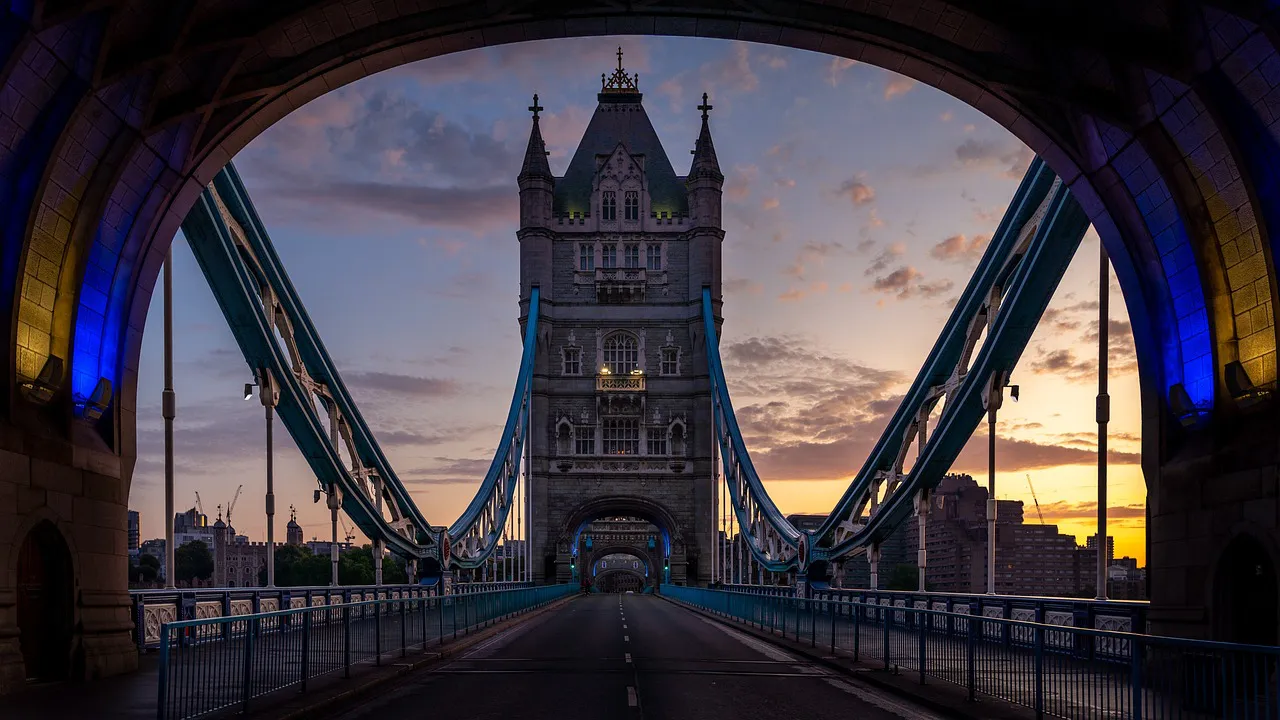
A digest of this week's Spanish financial, political and social news aimed primarily at Foreign Property Owners: Prepared by Lenox Napier. Consultant: José Antonio Sierra
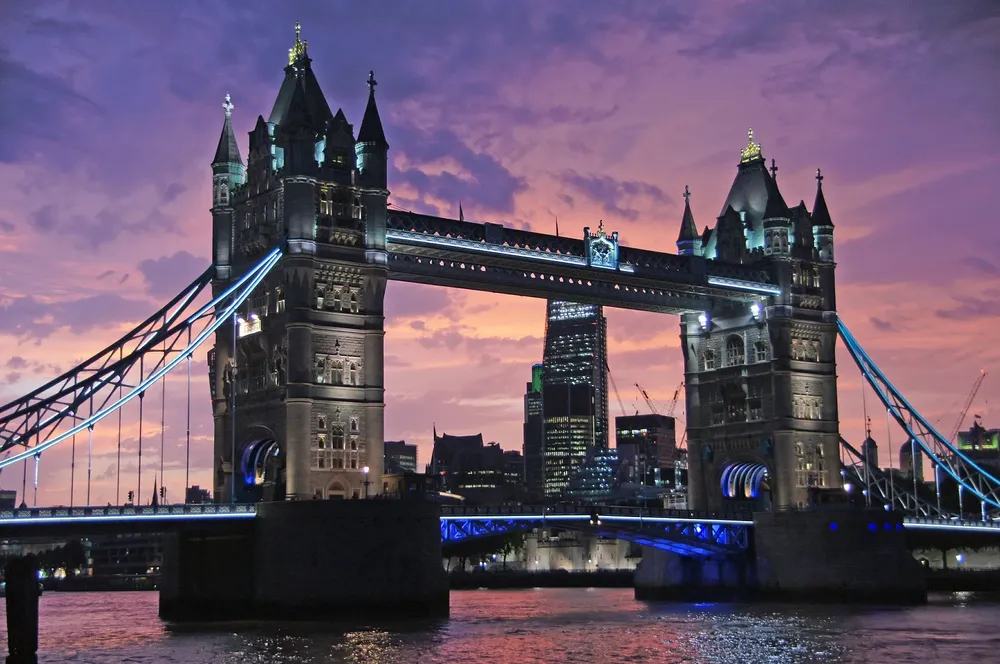
A digest of this week's Spanish financial, political and social news aimed primarily at Foreign Property Owners: Prepared by Lenox Napier. Consultant: José Antonio Sierra
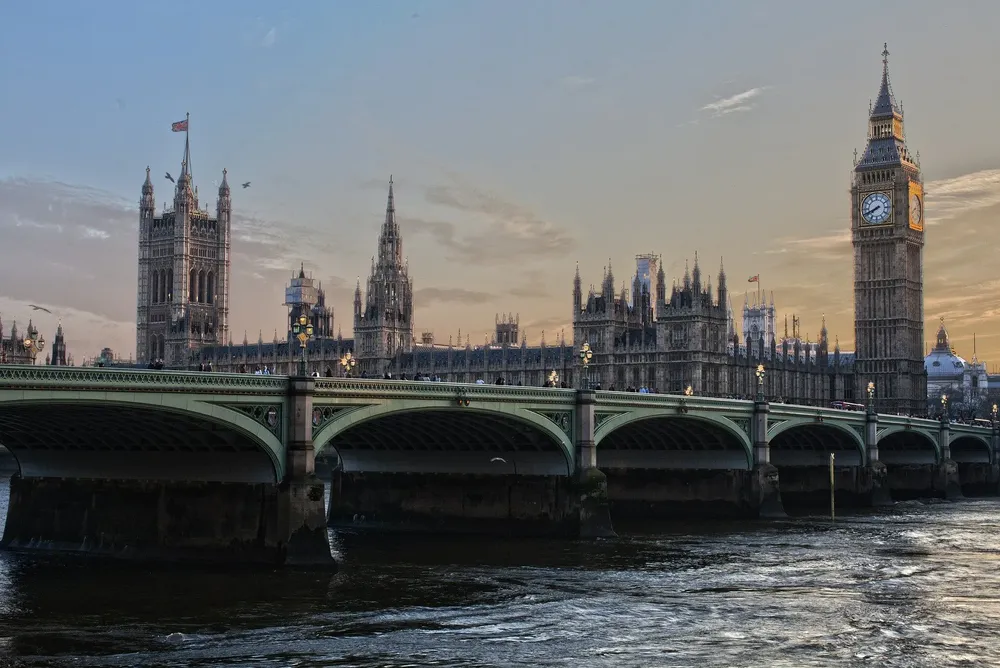
A digest of this week's Spanish financial, political and social news aimed primarily at Foreign Property Owners: Prepared by Lenox Napier. Consultant: José Antonio Sierra

A digest of this week's Spanish financial, political and social news aimed primarily at Foreign Property Owners: Prepared by Lenox Napier. Consultant: José Antonio Sierra

A digest of this week's Spanish financial, political and social news aimed primarily at Foreign Property Owners: Prepared by Lenox Napier. Consultant: José Antonio Sierra




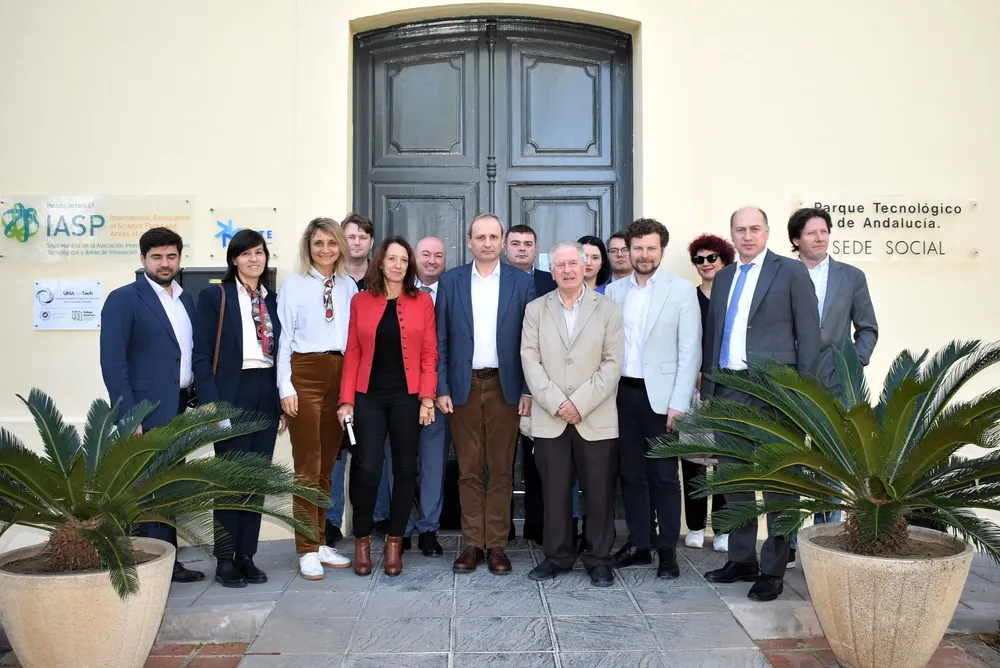
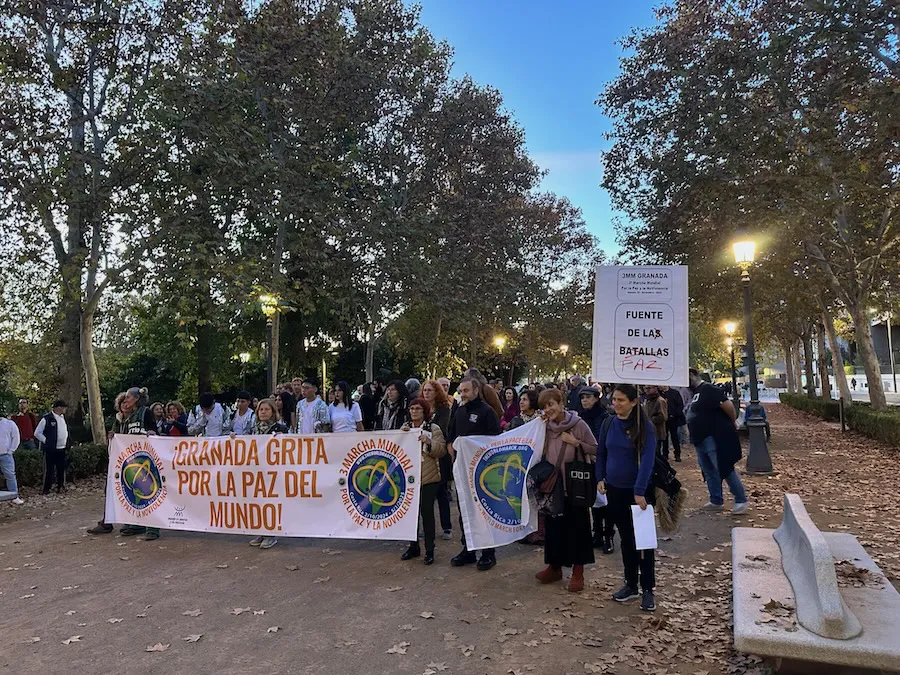
Los organizadores de la marcha, agradecieron la participación de todos los voluntarios, personas y asociaciones que crearon el grupo promotor en la ciudad
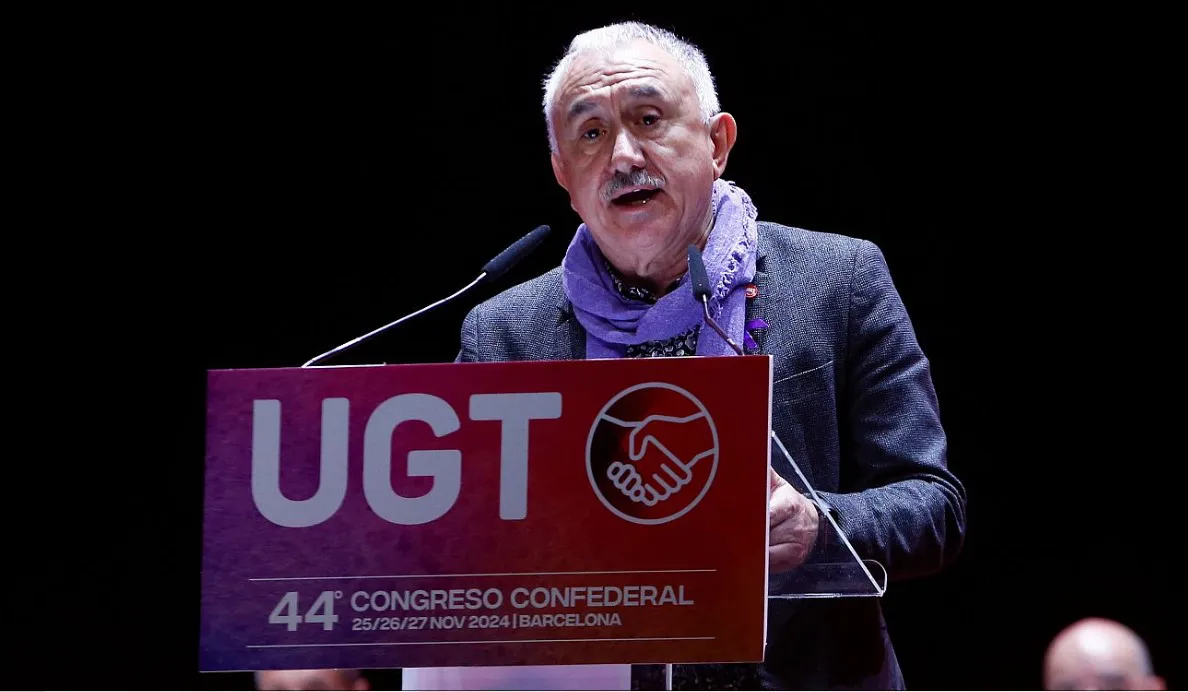
Según lo expresado por Pepe Álvarez, Secretario General de la UGT, el salario que hoy es de 1.134 euros pasaría a valer entre 1.188 y 1.202 euros por 14 pagas.

Esta muestra el público disfrutará de 45 fotografías capturadas por el reconocido fotógrafo Paco Manzano, donde se ve a un Paco de Lucía en diferentes facetas.
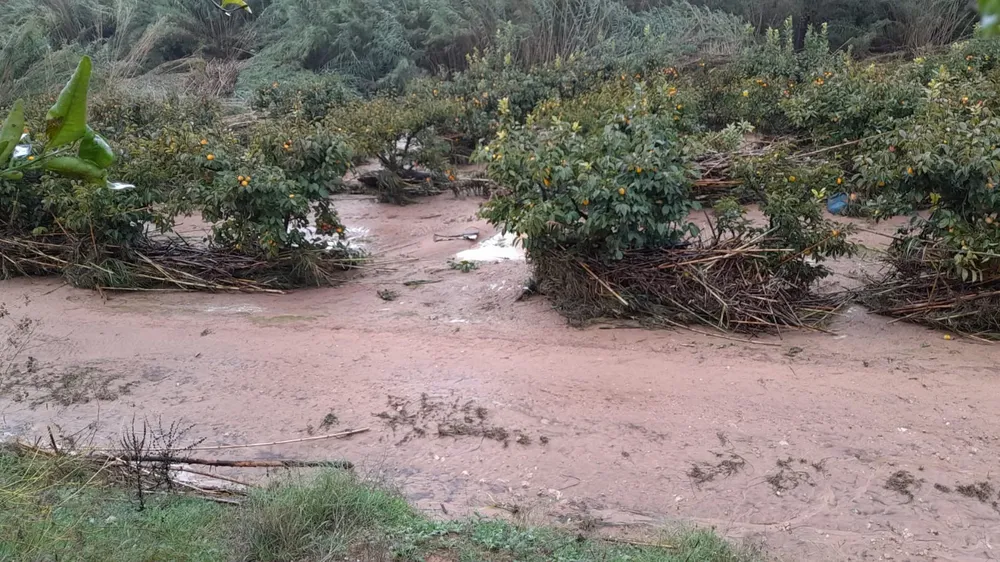
Agroseguro deberá reembolsar 13,21 millones de euros para pagarle a productores de cítricos, caqui y hortalizas damnificados por la dana de octubre.







